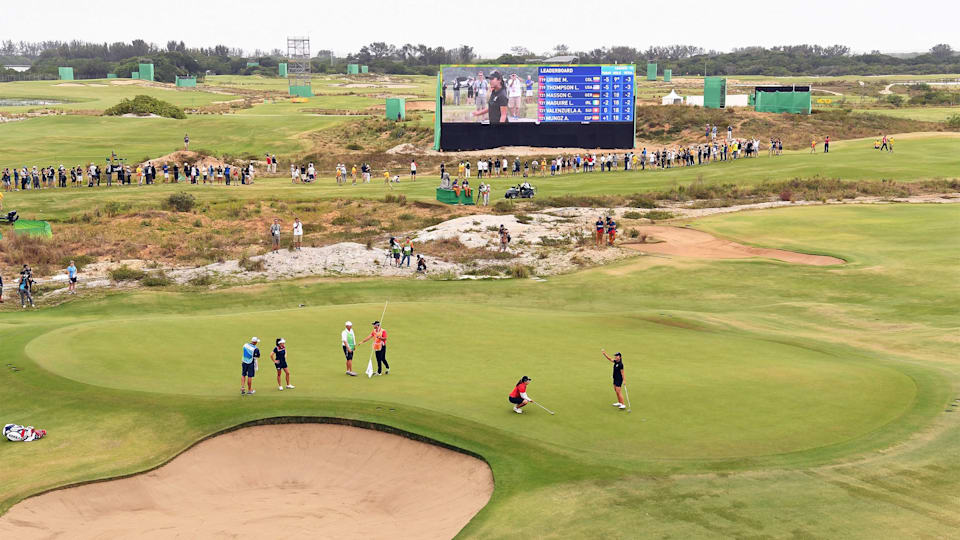Olympic Games Rio 2016 - Environmental Legacy
Environmental sustainability is a key part of any Olympic Games project and Rio 2016 was no exception. The Organising Committee worked at every level – local, national and international – to ensure that environmental sustainability standards were fully incorporated in the planning and delivery of the Games and beyond.

-
Rio 2016 held three dialogues with environmental and social NGOs during the preparation of the Games. Over 70% of the 200 suggestions received were implemented and Rio 2016 communicated openly about those that could not be implemented. The process was facilitated by the United Nations Environment Programme (UNEP).
-
Rio 2016’s sustainability programme received ISO 20121 certification, after a third party audit confirmed that the sustainability plan for the Games followed international best practices and had been fully implemented. This raised the bar for environmental practices throughout the supply chain.
-
Rio climate change action went beyond the Opening Ceremony awareness building. Energy-efficient and low-carbon technologies were implemented in Brazil and other Latin American countries, reducing 2.2 million tons of carbon emissions and demonstrating the feasibility of low carbon production in agriculture and industry.
-
In partnership with the FSC, MSC and ASC, Rio 2016 engaged and trained suppliers in obtaining timber (chain of custody), fish and sea food certifications. Some 70 tons of certified fish were served, stepping up from London 2012 that served 40 tons of certified fish, while 100% certified wood was used on Games Operations.
-
44 hectares of new native vegetation were restored at the golf course, along with 7.3 hectares of natural vegetation in the Olympic Park.
-
Nine kilometres of river courses were recovered through regeneration of banks and drainage.
-
Sanitation infrastructure (sewage processing plants) has been improved along with better environmental management practices.
-
A new waste treatment centre with capacity to treat 9,000 tons of waste per day was established, while 10 new wastewater treatment stations and 2,100 km of collection system were established in the west of Rio.
-
Rio’s last landfill was closed in 2012.
-
1,100 tons of waste were recycled during the Games, including by local cooperatives, creating income for the waste pickers. Before the start of the Games, 356.19 tons of recyclable waste was sent to cooperatives/recycling industry.